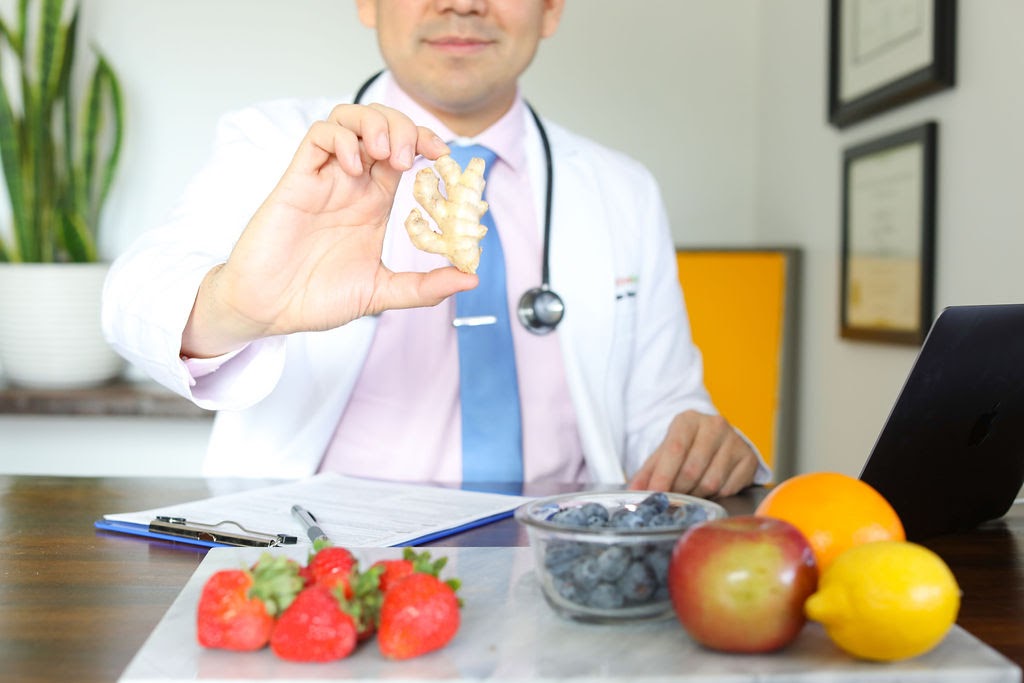Causes of Hyperthyroidism
Hyperthyroidism can be caused by taking too much medication or from making too much thyroid hormone internally. Taking too much is called exogenous (from without) thyrotoxicosis. Making too much is called endogenous (from within) thyrotoxicosis.
The Thyroid Reset Diet will not help if you are hyperthyroid from taking too much. Your only solution will be to work with the right doctor to adjust your medication.
Your body can make too much thyroid hormone for several reasons. The most common ones are Graves’ disease, toxic nodules, and thyroiditis.
With Graves’ disease and thyroiditis, the Thyroid Reset Diet may help other treatments work better.
Toxic nodules, such as toxic nodular goiter, tend not to respond to dietary changes. They typically need medical procedures to remove or stop them.
Toxic Nodular Goiter
A goiter is an enlargement of the thyroid gland. A nodule is an uneven growth. Toxic, in this context, means that it is producing unwanted thyroid hormones. A toxic nodular goiter is a lump of tissue inside the thyroid that makes more hormone than your body needs.
In some cases, there is more than one toxic nodule; this is called Toxic Multinodular Goiter.
Like most thyroid disease, toxic nodular goiter is more common in women, especially in those over 55 years old.
An increase in iodine can often trigger toxic nodular goiter. Extra iodine can come from:
- Foods
- Medications
- Contrast agents
Toxic nodular goiter is not an autoimmune disease and does not typically go into remission.
Even though extra iodine is the leading cause of toxic nodular goiter, iodine reduction is not known to reverse it. Most do need treatment with surgery or radioactive iodine ablation.
Thyroiditis can be from autoimmunity, pregnancy, or viral infections. When it is from autoimmunity, the Thyroid Reset Diet may be helpful. In the other cases, it is not.
The Thyroid Reset Diet is worth doing if you have hyperthyroidism from Graves’ disease or autoimmune thyroiditis. The most common type of thyroiditis it can help with is hyperthyroidism secondary to Hashimoto’s Thyroiditis, also known as Hashitoxicosis.
If you have Hashimoto’s, you are on medication, and your TSH is low, you do not likely have Hashitoxicosis. It is more likely your medication dose is too high. If you suspect Hashitoxicosis, you will need to work with a physician to be sure.
If it is the case, you may still need initial treatment to slow the thyroid. The Thyroid Reset Diet often helps Hashitoxicosis stabilize more quickly.
Graves’ Disease
Graves’ disease is the most common cause of hyperthyroidism, comprising roughly 70% of the cases.
Too much iodine is well known to cause Graves’ disease. Paradoxically, researchers have tested high iodine as a treatment for Graves‘. How can this be? Here is an example of how iodine can work differently based on the dose.
A little extra iodine may stimulate the thyroid to be overactive. Yet massive doses can shut it down. However, guidelines do not recommend high dose iodine for Graves’ disease. The problem is that it may cause some people to release lethal amounts of thyroid hormone.










